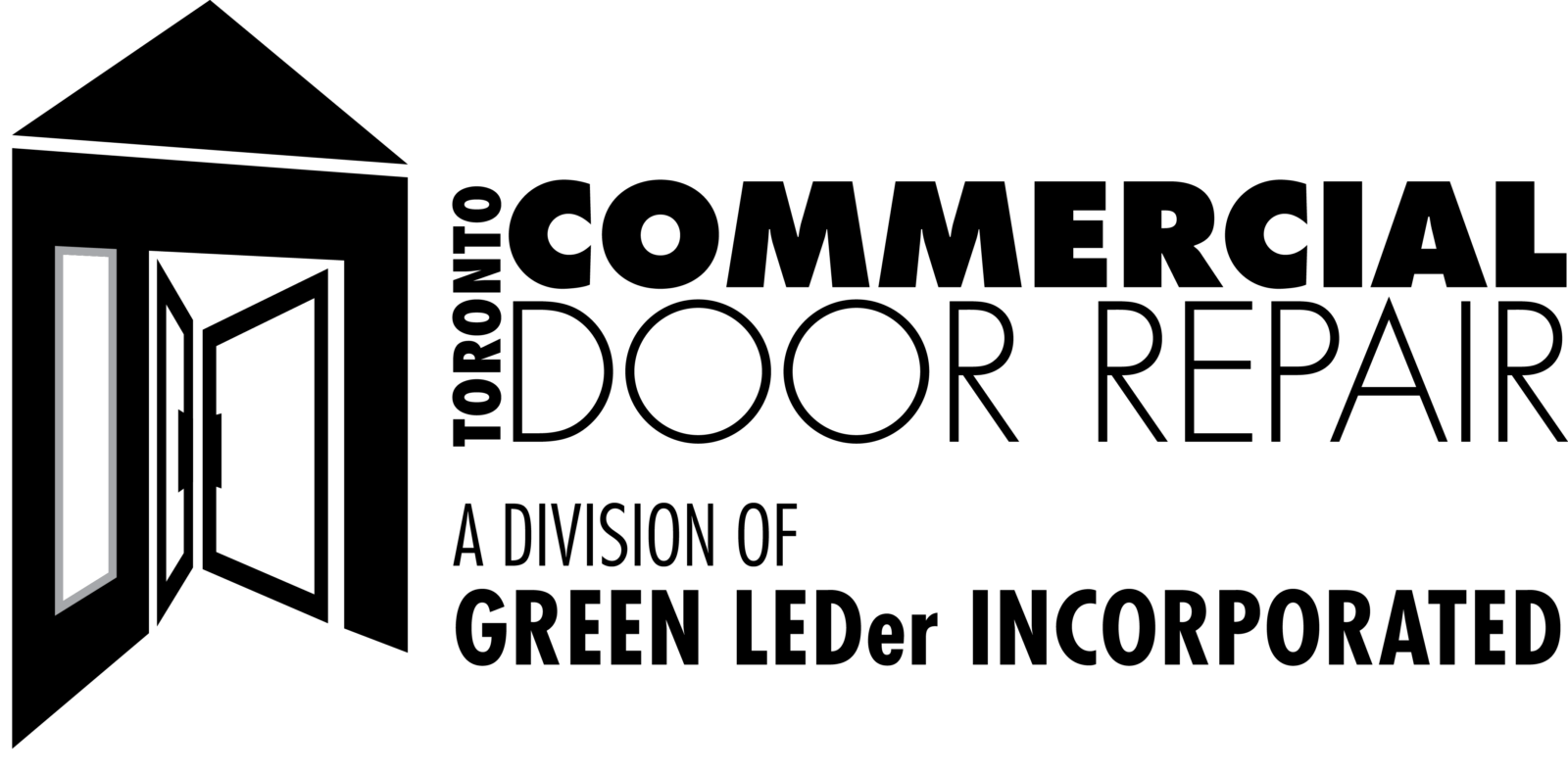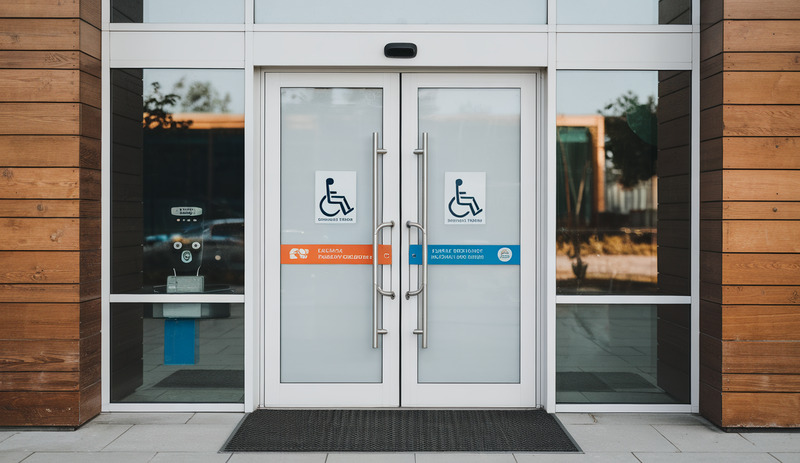Handicap doors are critical infrastructure for businesses, representing both a legal obligation and an ethical commitment to accessibility.
For Toronto business owners, maintaining these specialized entry systems is not just a choice, but a comprehensive responsibility that ensures safety, compliance, and smooth operational functionality.
Understanding Handicap Door Maintenance in Toronto
The majority of emergency calls for commercial door repair in Toronto come during peak business hours—when an organization can least afford downtime. Accessible doors are more than just an entrance; they’re a critical accessibility feature requiring careful maintenance.
Legal Requirements and Accessibility Standards
The AODA (Accessibility for Ontarians with Disabilities Act) sets stringent parameters for commercial accessibility. Their recommendations are mandatory requirements that can result in hefty fines if violated. Commercial Door Repair Toronto experts emphasize the importance of strict compliance.
Toronto businesses must ensure their automatic doors are not only functional but safe and accessible for those with disabilities. The extreme weather in Toronto puts door mechanisms under significant stress, challenging sensors, motors, and electronic control systems.
Common Maintenance Challenges
Handicap door systems face several critical issues:
• Sensor sensitivity to temperature changes
• Wear on automatic opening mechanisms
• Electronic control system complications
• Winter conditions affecting moving parts
Understanding these challenges is the first step toward preventing unexpected failures. Sensor calibration, for instance, requires professional expertise to ensure proper functionality.
Essential Maintenance Checklist
Visual daily inspections are crucial for Commercial Door Repair Toronto professionals. Look for:
• Smooth mechanical operation
• Absence of unusual sounds or resistance
• Clear sensor pathways
Monthly mechanical checks should professionally assess:
• Motor functionality
• Electronic control system performance
• Seal and weatherstripping conditions
Toronto’s fluctuating climate demands seasonal adjustments, especially during cold winters when lubrication and electronic components become more vulnerable.
You May Be Interested In: What Are Fire Rated Commercial Doors In Toronto?
Professional vs. DIY Maintenance
Business owners should understand that while some basic maintenance can be done in-house, critical systems require certified technician expertise. Internal checks should focus on:
• Visible damage
• Obvious mechanical issues
• Basic cleaning and debris removal
Contact a professional immediately if you observe:
• Inconsistent door operation
• Strange grinding noises
• Electronic control malfunctions
Potential Consequences of Neglect
Poor maintenance can lead to serious issues:
• User injuries
• Potential door damage
• Legal compliance violations
• Penalties up to $50,000
• Safety hazards
• Unplanned system replacements
Fire exit door malfunctions can result in business fines and potential closure during inspections.
Final Recommendations
A proactive approach saves money and prevents crises. Arrange professional inspections every three months, maintain detailed maintenance logs, and train staff to recognize potential issues.
Remember, your handicap-accessible door is more than a mechanical system—it’s an accessibility feature demonstrating your commitment to inclusive design. For expert help, contact a certified Commercial Door Repair Toronto specialist who understands Toronto’s unique accessibility requirements.
Maintaining handicap doors is a critical responsibility for Toronto businesses. By adopting a proactive, comprehensive maintenance approach, business owners can ensure legal compliance, user safety, and optimal door system performance. Regular professional inspections and a commitment to accessibility are key to long-term success.

